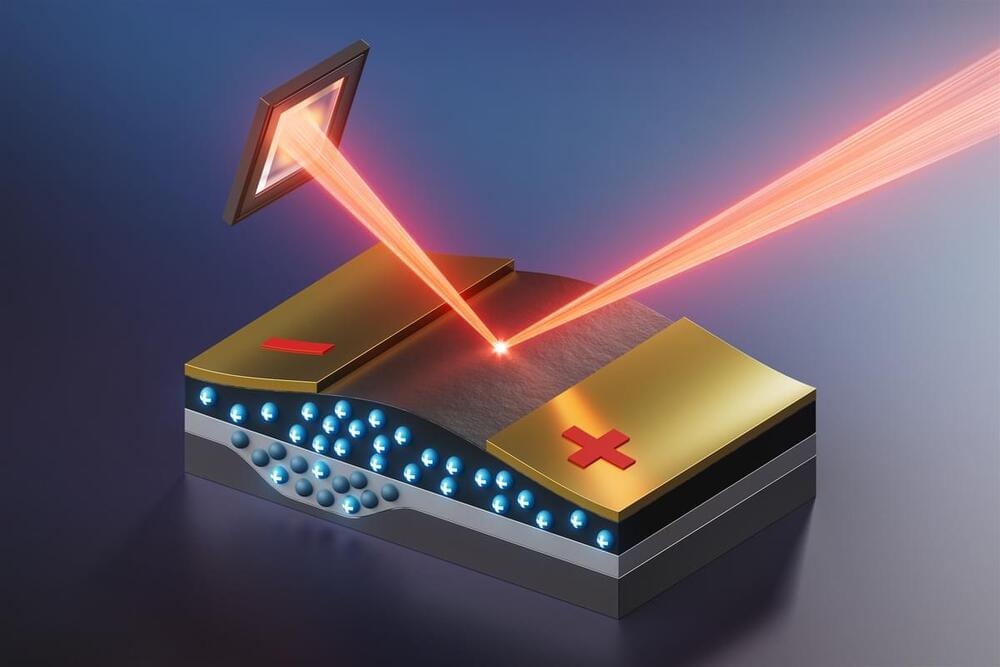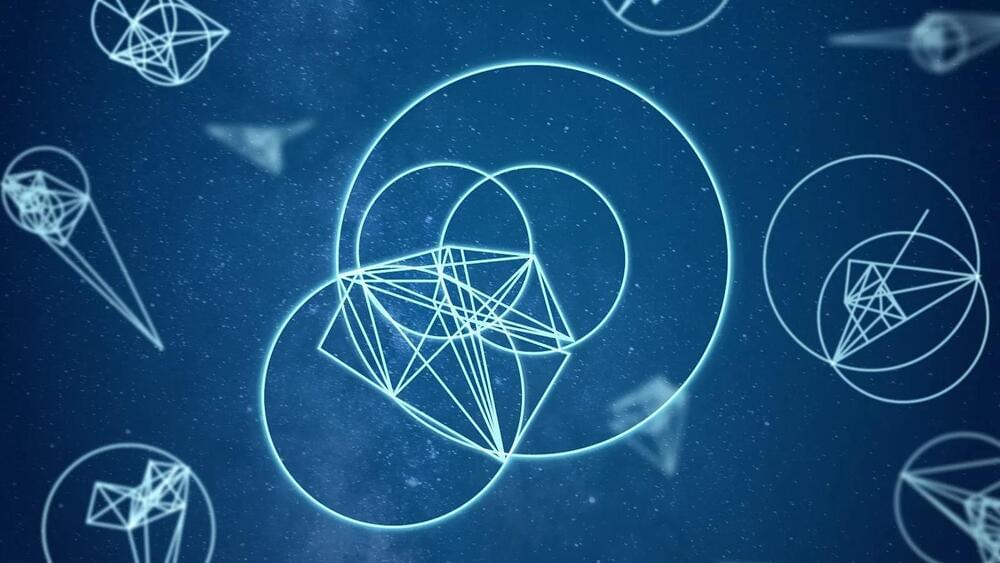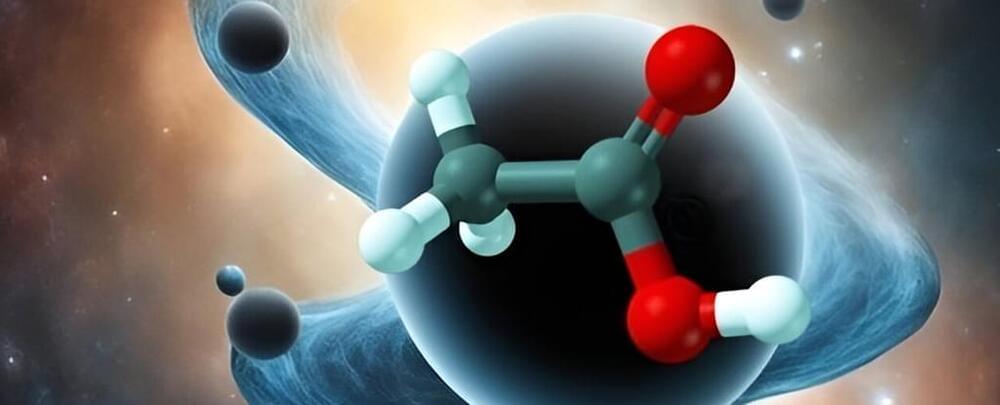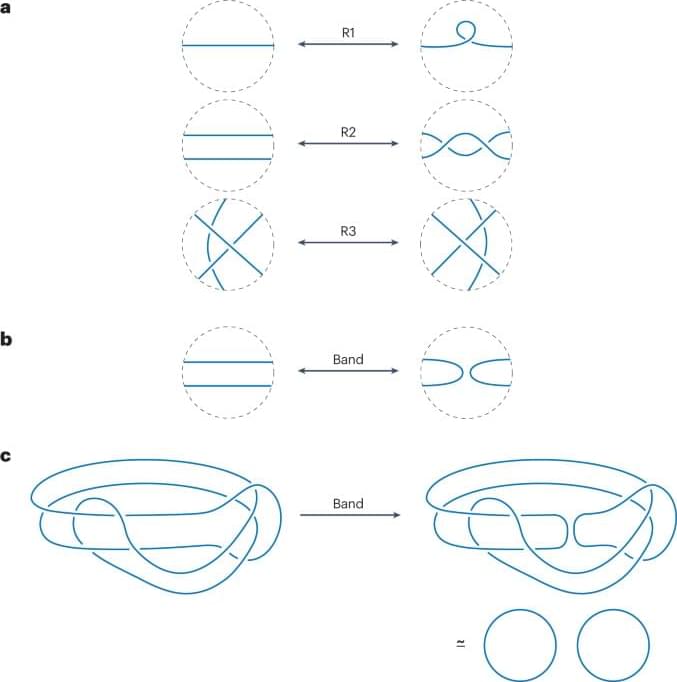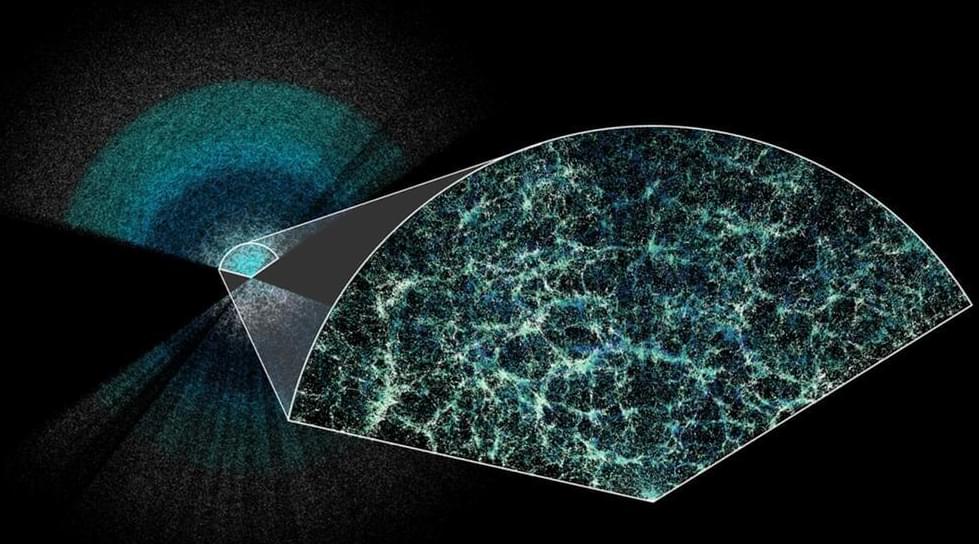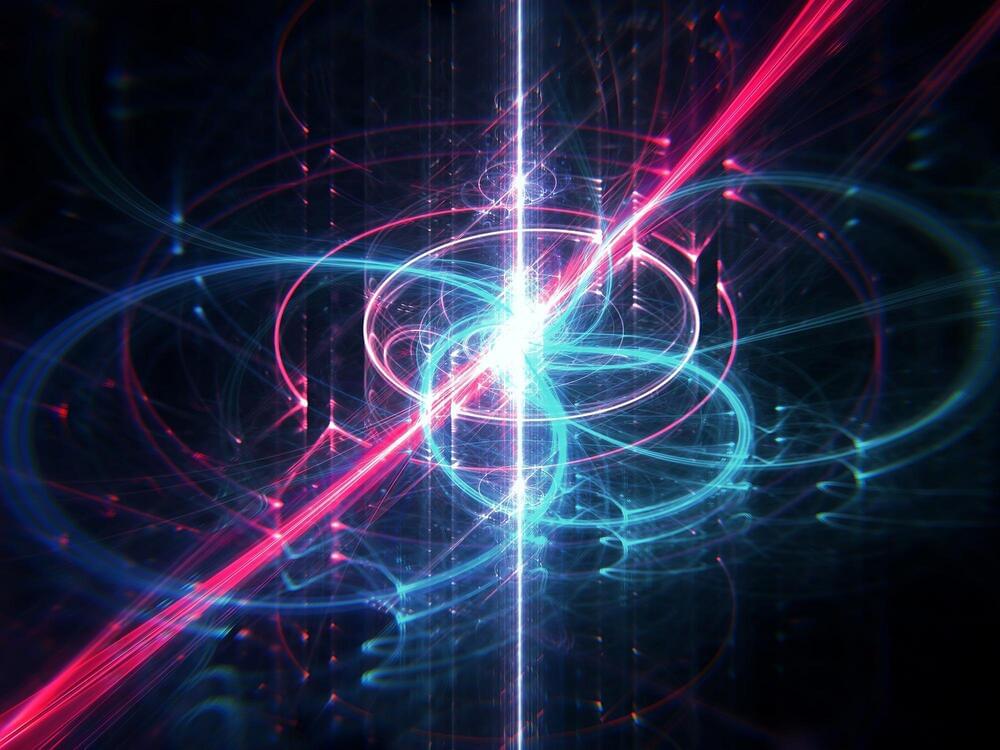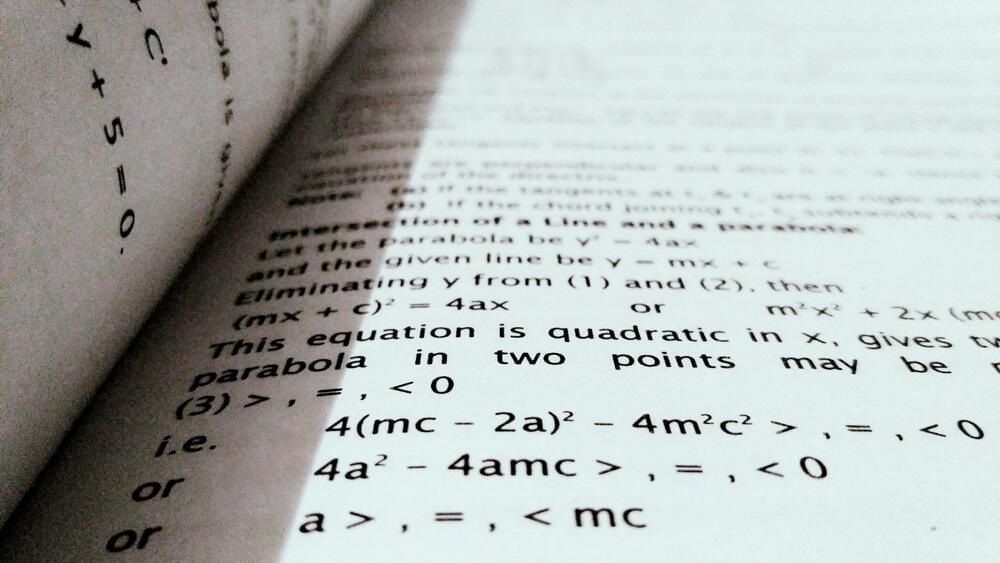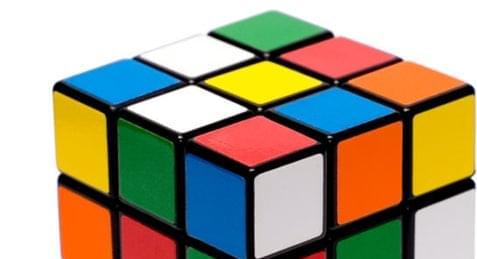“We found to our great surprise that this substrate is very much active, jiving and responding in completely surprising ways as the film switches from an insulator to a metal and back when the electrical pulses arrive,” Gopalan said. “This is like watching the tail wagging the dog, which stumped us for a long while. This surprising and previously overlooked observation completely changes how we need to view this technology.”
To understand these findings, the theory and simulation effort — led by Long-Qing Chen, Hamer Professor of Materials Science and Engineering, professor of engineering science and mechanics and of mathematics at Penn State — developed a theoretical framework to explain the entire process of the film and the substrate bulging instead of shrinking. When their model incorporated naturally occurring missing oxygen atoms in this material of two types, charged and uncharged, the experimental results could be satisfactorily explained.
“These neutral oxygen vacancies hold a charge of two electrons, which they can release when the material switches from an insulator to a metal,” Gopalan said. “The oxygen vacancy left behind is now charged and the crystal swells up, leading to the observed surprising bulging in the device. This response can also happen in the substrate. All of these physical processes are beautifully captured in the phase-field theory and modeling performed in this work for the first time by the postdoc Yin Shi in Prof. Chen’s group.”
